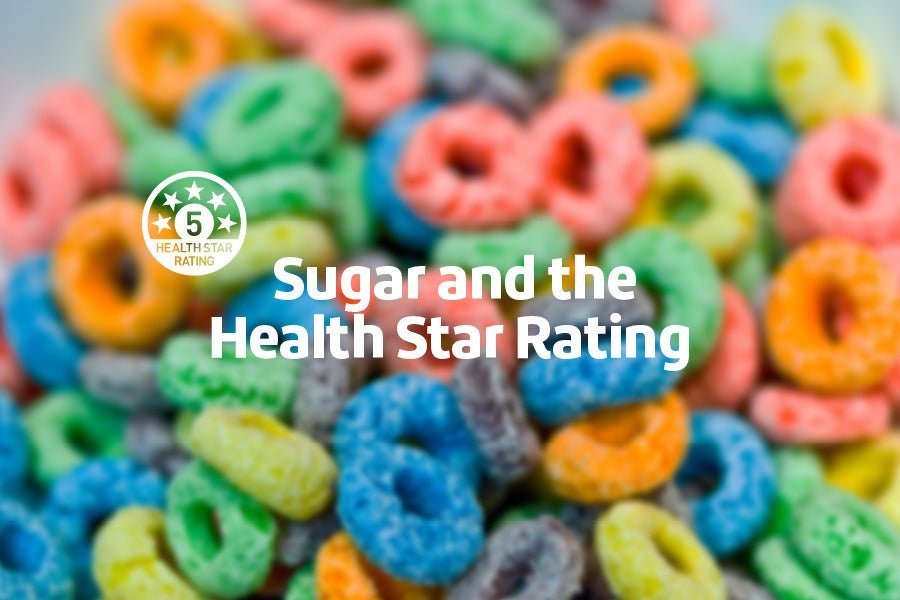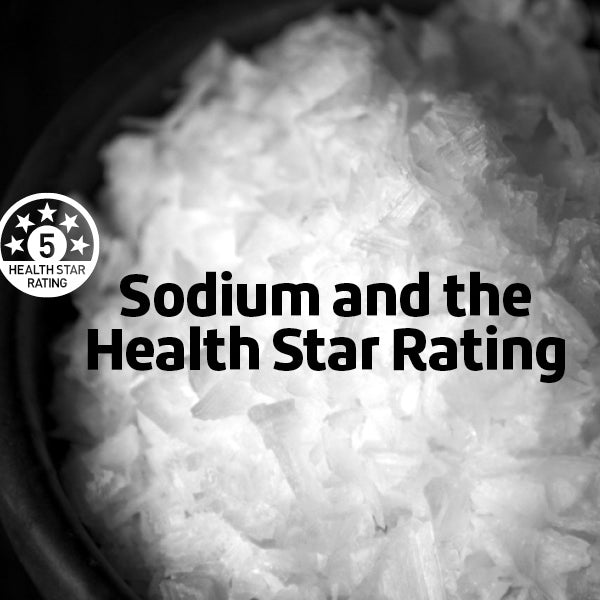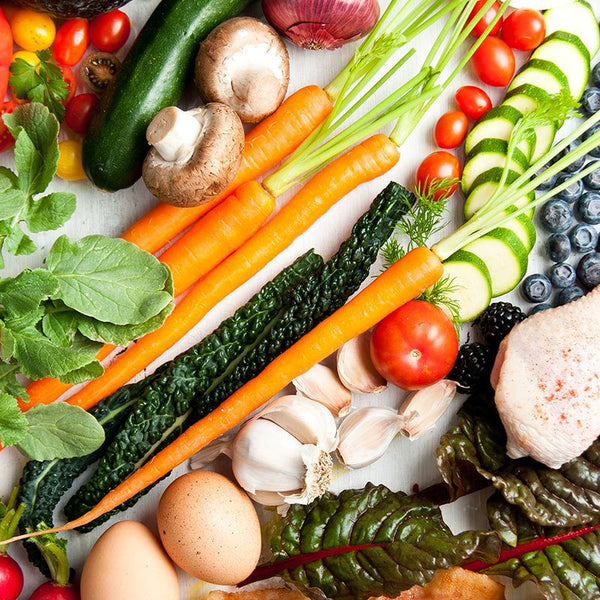This is the last blog entry about the Health Star Rating! We hope you've found the previous weeks insightful and helpful, and that you can now make better, more informed decisions about the products you're choosing off the supermarket shelf. Incase you missed last weeks post, here it is on the
Health Star Rating - Sodium.
Soft drink, chocolate, lollies, fast food, cakes, desserts, ice-cream.... Sugar is all around us! And when we were kids it was a reward or a treat on a special occasion. Recently though, with more sugar being added to more food, we are eating too much of it too often.
What is sugar?
White sugar is a sweetner that is obtained (mostly) from sugarcane. It does not have any nutritional value whatsoever, it just contains calories (energy) and is used to make food or drink sweet.
Sugar is present in many foods naturally, but this is balanced by the protein, fibre, vitamins and minerals that are also present. Fruits have the sugar fructose and milk has the naturally occuring lactose sugar. However, any added sugar is detrimental. As stated, sugar is pure, unnecessary energy without any nutritional benefits, so adding it to foods will only change the taste and add unnecessary kilojoules.
Sugar is used so widely in the food industry because it adds colour, thickness and flavour to food products, as well as acting as a preservative. Many food products contain added sugar, which does not contribute to the beneficial calories you consume, they are known as "empty calories". It’s important to check the label of food products you purchase and read the ingredients list to find out if any sugar was added. The nutrient panel on a package only lists “total sugars”, which includes both natural and added sugar. If the product has fruit or dairy in it, you will not be able to determine the amount of added sugar just by the nutritional panel, so you'll need to look at the ingredients list as well.
Why is sugar bad for me?
Sugar is a major contributor to the problem that our nation is facing with obesity, as well as causing tooth decay and other dental problems. Sugar itself is not bad, but overindulging a sweet tooth can be very easy and tempting when we are surrounded by advertising that tells us to eat it and cheap products that make it easy.
Is any sugar good for me?
As fructose and lactose are natural sugars, and are in foods which provide other nutrients, they are alright to eat in moderation. Too much of any sugar will still result in an excess of unnecessary calories, but in moderation they provide you with an appropriate amount of energy.
This table shows popular foods which have a high amount of added sugar. The calories listed are just from the added sugar, not the total amount of calories that you get from the food or drink.
We all love some birthday cake or that special dessert on an anniversary, but regularly eating high sugar products like sugary cereals, fast foods, lollies, chocolate or soft drinks is very detrimental to your health. It's all about balance! Enjoy yourself while also looking out for your body.
Articles:
http://wellnessmama.com/15/harmful-effects-of-sugars/
http://www.betterhealth.vic.gov.au/bhcv2/bhcarticles.nsf/pages/Sugar
https://www.heart.org/en/healthy-living/healthy-eating/eat-smart/sugar/sugar-101



